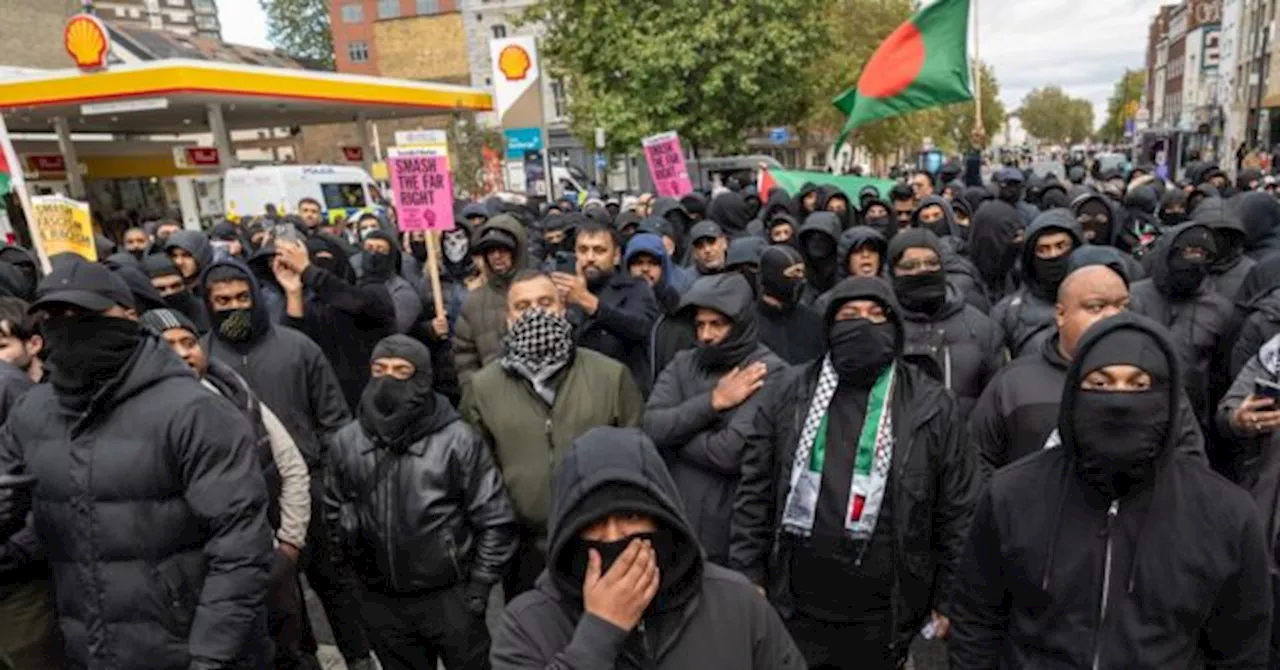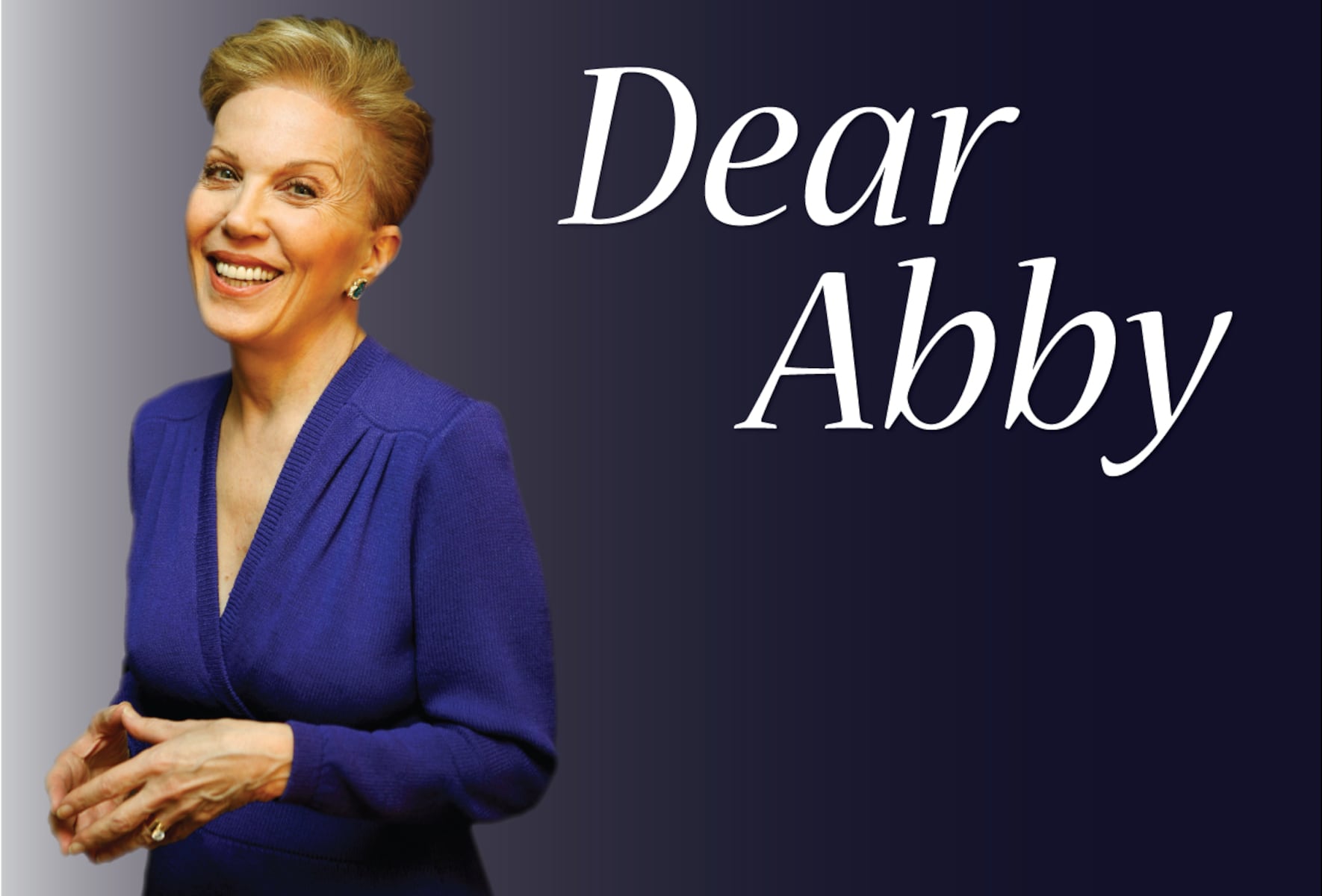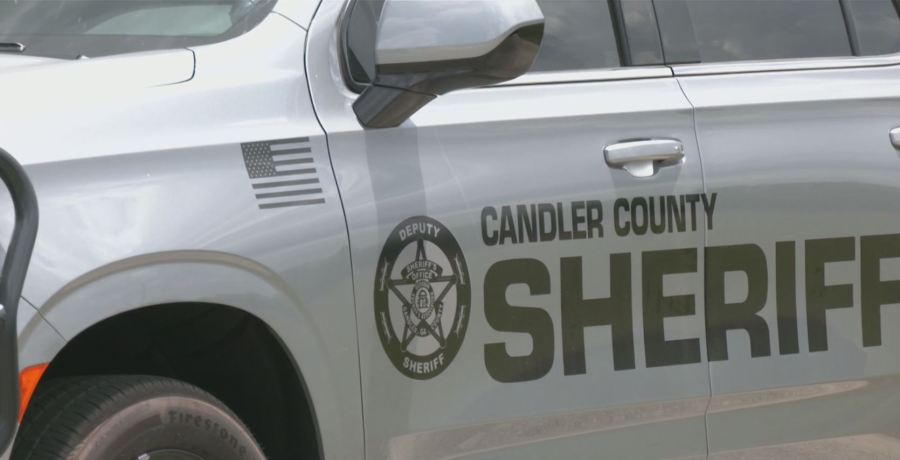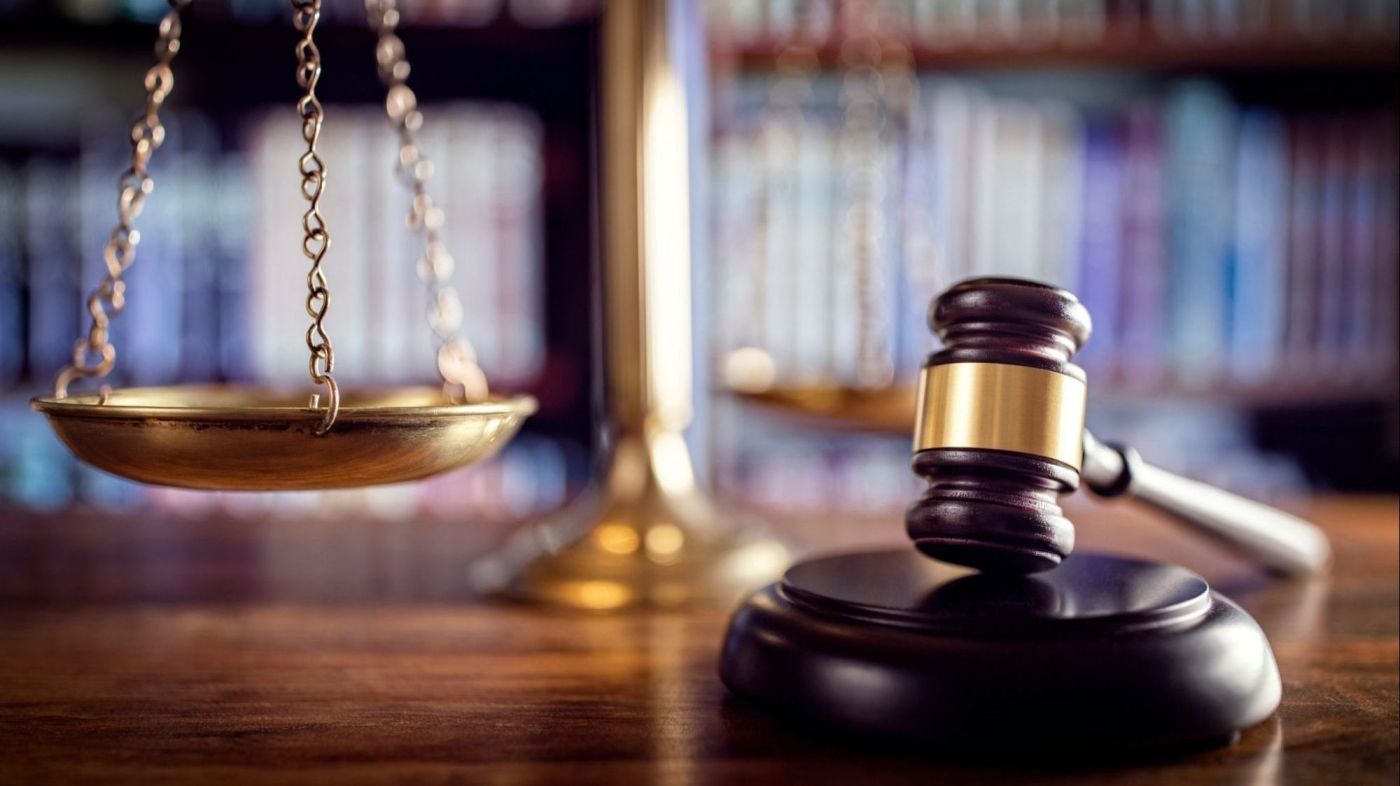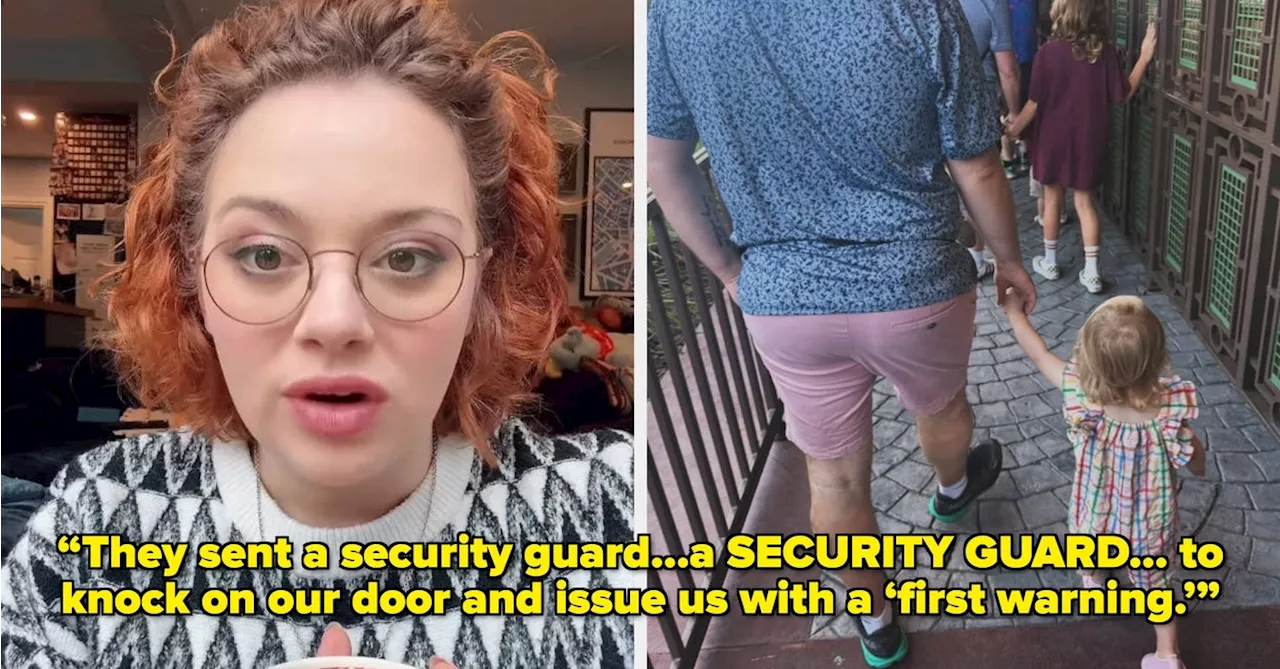In a powerful demonstration of community solidarity, masked Muslim protesters gathered in Tower Hamlets, East London, on October 21, 2023. The rally was a direct response to the Metropolitan Police’s decision to ban an anti-Islamist march organized by the United Kingdom Independence Party (UKIP). The demonstrators, many dressed in black clothing and masks, voiced their commitment to defending their community against what they perceived as threats.
The protest took place in the multicultural area of Whitechapel, where demonstrators waved flags representing Palestine and Bangladesh. Members of the far-left group Stand Up to Racism joined the rally, underscoring a united front against the planned UKIP march. Reports indicate that at least four individuals were arrested during the events, highlighting the tensions surrounding the demonstration.
Demonstrators expressed their resolve to protect their community, citing inflammatory remarks made by UKIP leaders. One participant noted, “They came specifically targeting Islam. They said we are coming on a crusade. We stand firm to let them know that if you come, then we will be ready to defend our community.” This sentiment was echoed throughout the crowd as they performed Islamic prayers in the street, chanting “Allahu Akbar.”
The Metropolitan Police had previously announced the ban on the UKIP protest, highlighting concerns about potential serious disorder in the predominantly Muslim borough. In their statement, the police acknowledged that the presence of the UKIP march could lead to significant unrest, particularly given the area’s demographic makeup. The Met’s assessment emphasized that the borough has the largest percentage of Muslim residents in the UK.
In response to the ban, UKIP relocated their demonstration to central London, where they marched from the Oratory building to Marble Arch. Carrying signs that read “Islamist invaders not welcome in Britain” and “take our country back,” the UKIP supporters rallied under the leadership of Nick Tenconi. He emphasized their stance against illegal immigration and expressed a desire to remove what he referred to as “communists” from Britain.
Social media commentators have debated the implications of the police’s actions, suggesting that allowing a Muslim rally while banning a nationalist demonstration illustrates a “two-tier policing” system in the UK. This has drawn parallels to historical events such as the Battle of Cable Street in 1936, where opposing groups clashed in a significant anti-fascist stance.
As tensions continue to rise in various parts of the UK regarding issues of immigration and identity, the events of October 21 serve as a reminder of the complexities surrounding community dynamics and the challenges faced in maintaining public order. The actions of both the masked protesters and UKIP supporters reflect deeper societal divides that are becoming increasingly visible in contemporary British politics.

